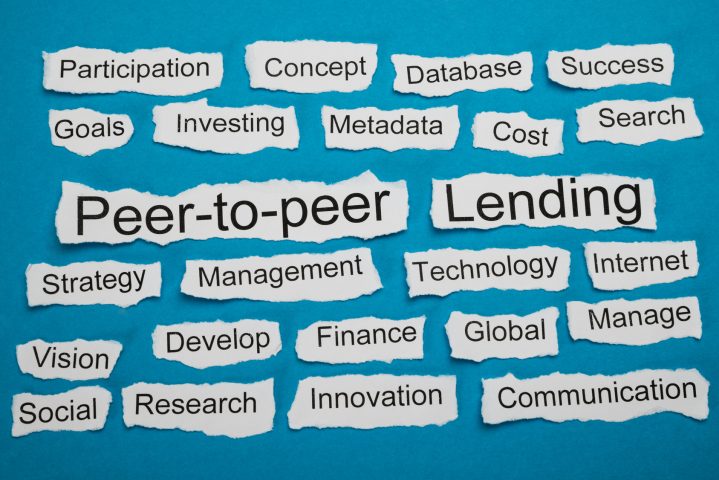As technologies, and the societies they are a part of, progress and develop together, established business models become outmoded and are supplanted. Businesses that find themselves in in the path of seismic shifts to their industry typically pursue one of two courses of action. The first is characterized mainly by doing nothing to adjust to the changes, but rather exert resources in slowing/mitigating the change to retain their present business model. The other action plan is to actively re-examine the business model and to act as the agent of change upon themselves before the market imposes change upon them. Financial institutions find themselves in such an epoch, wherein they are deciding to view how information technology will free them or will tear them apart.
As banks begin to adopt open APIs, certain risks have become evident—not the least of which is the risk of disintermediation. It is a valid concern. When banks open access to their platforms, customers are able to access bank information through external channels that provide tailored user experiences. It removes a key differentiator from the bank, and does bring the bank one step closer to operating as a mere utility. The fear that banks will be left to compete merely on costs is not unreasonable.
It is important however, to recognize the value banks and fintechs realize in partnering. Banks and fintechs have complementary needs: fintechs are keen to tap into banks’ core account offerings and their trusted reputations for security and deep capabilities in regulatory compliance. For their part, banks are looking to leverage fintechs’ innovation and time-to-market capability.
And therein lays the key benefit to banks: By opening their APIs to fintechs, they are able to provide the customers with the features and services that they increasingly expect and even demand.
Mercator Advisory Group has been contemplating and analyzing the strategic and tactical variations financial institutions are employing to navigate the widespread introduction of APIs to external entities. As part of this ongoing research, we’ll be publishing a report looking at Banking as a Platform later this month looking specifically at how the sea change created by regulatory and market changes is impacting financial institutions across the value stack.
Overview by Joseph Walent, Associate Director, Customer Interactions Advisory Service at Mercator Advisory Group
Read the full story here









